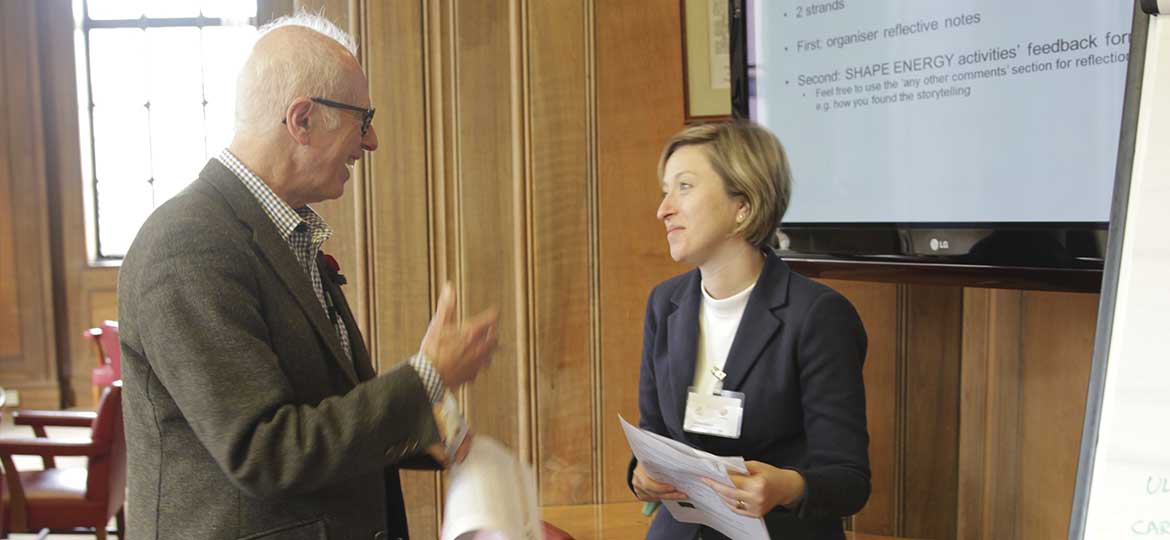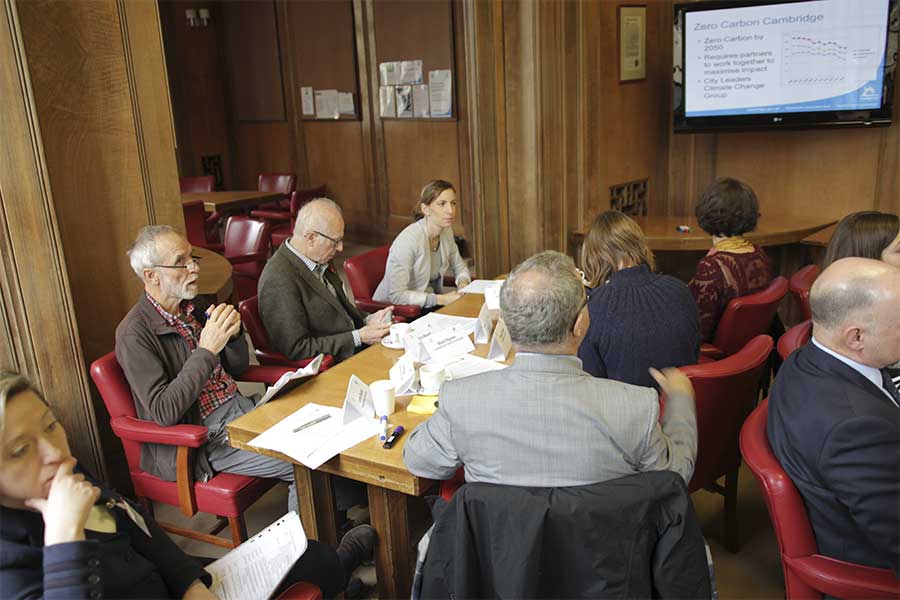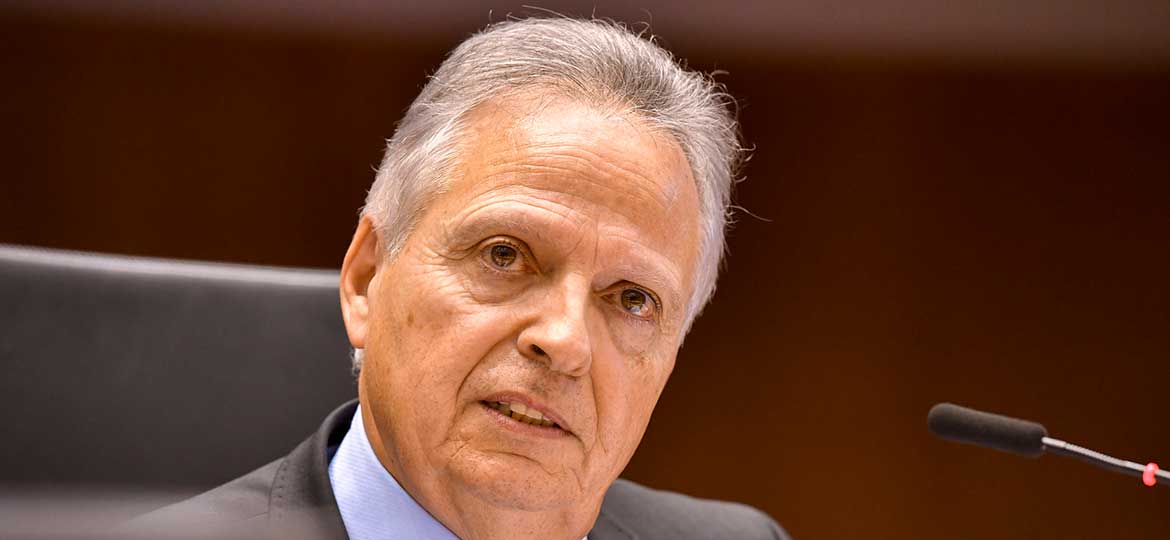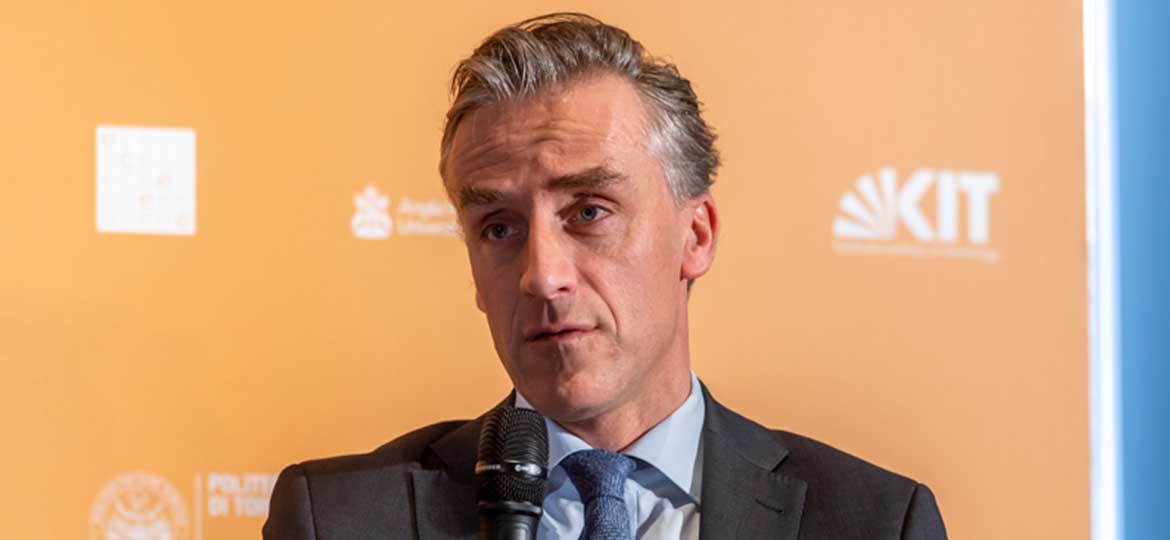On Tuesday 14th November 2017, 28 stakeholders from across policy, local business, academia and community groups met at the Guildhall in Cambridge (one of the historic council buildings in the city) for the second SHAPE ENERGY multi-stakeholder workshop. From local councillors to architects, developers and several of the different local authority groups with an interest in energy, housing, and planning, the group exchanged views on the future of low-energy housing in a city which both requires 14,000 more homes in the next 14 years, and has also set a target to be zero carbon by 2050.
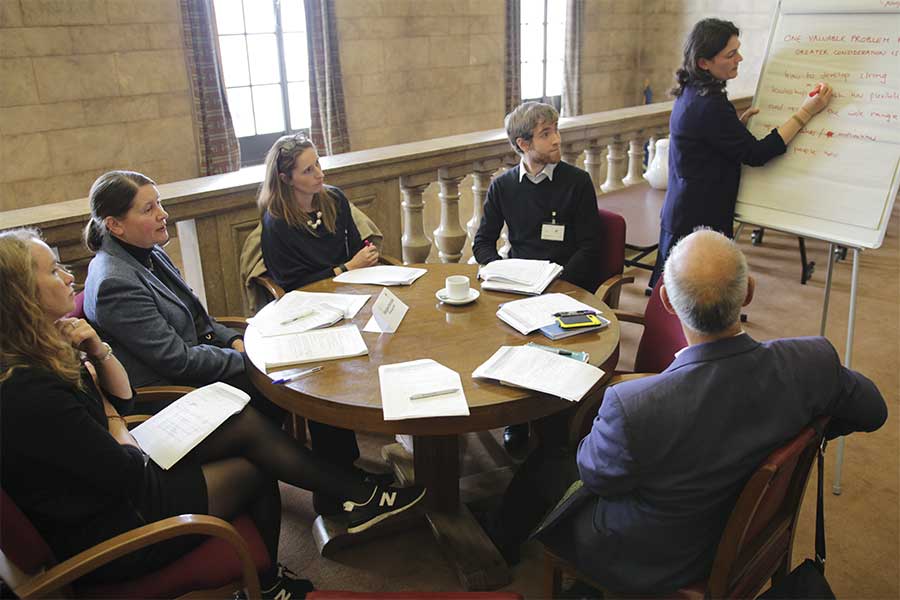
Participants at the event – co-hosted by Anglia Ruskin University’s Global Sustainability Institute (GSI) and Cambridge City Council– were challenged to share their own experiences (difficult and aspirational) of collaborative working. They then worked together in groups to imagine future pilot projects which explored some of the issues raised. All of this used storytelling – a central methodology of the SHAPE ENERGY project.

Here we highlight just a few of the many interesting perspectives discussed at the event:
- The importance of policy consistency, and the difficulty for business when the ‘goalposts’ move.
- Whether all new housing developments could have a mandatory requirement to share energy performance information, tensions were recognised due to commercial interests making it difficult to share ‘bad’ results.
- The importance of developing shared visions, which unite many stakeholders (this theme arose in several groups). Ultimately: how do good leaders do this, and pick the right time to push them forward?
- How the expectations of different types of householder may need to be managed quite differently: for example, those who aspire to make their house low-energy (but may be thwarted by planning) vs. those who may find themselves in a low energy house ‘accidentally’.
- Can projects ensure distribution of benefits not just for residents of new low-energy housing developments, but others locally?
- One group even proposed a radical new structure for council tax based on energy performance of a building!
In the UK, national policy on low-energy housing has been rolled back in recent years (the flagship ‘Code for Sustainable Homes’ was abandoned in 2015). This has generated some frustration amongst those aiming for higher sustainability standards, and thus a point of reflection was how cities – such as Cambridge – might be able to show leadership in this area.
We deliberately packed a lot into this half-day event, and some attendees now look forward to going deeper, including with new contacts made at the event. There will now be a reflective period as we write up, share and augment the outputs. The aspiration is for some ideas to then be taken forward by the Climate Change City Leaders group as well as related research projects – for instance, one current GSI PhD project is looking at the (sustainability-related) transition of the housing system across the new devolved area of Cambridgeshire-Peterborough.
Read more about the Cambridge multi-stakeholder workshop here.
By Rosie Robison, Chris Foulds and Lenke Balint – GSI, Anglia Ruskin University


